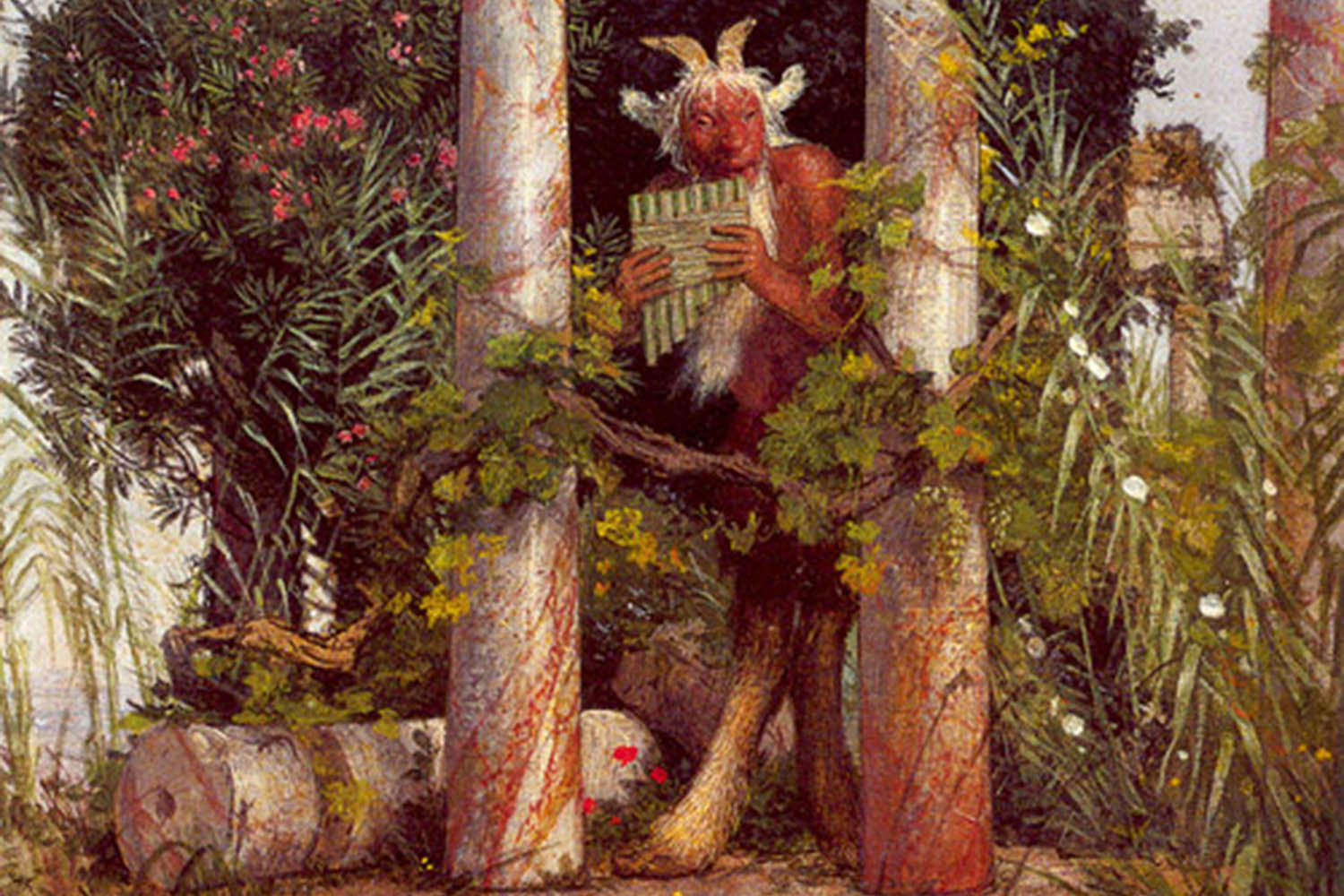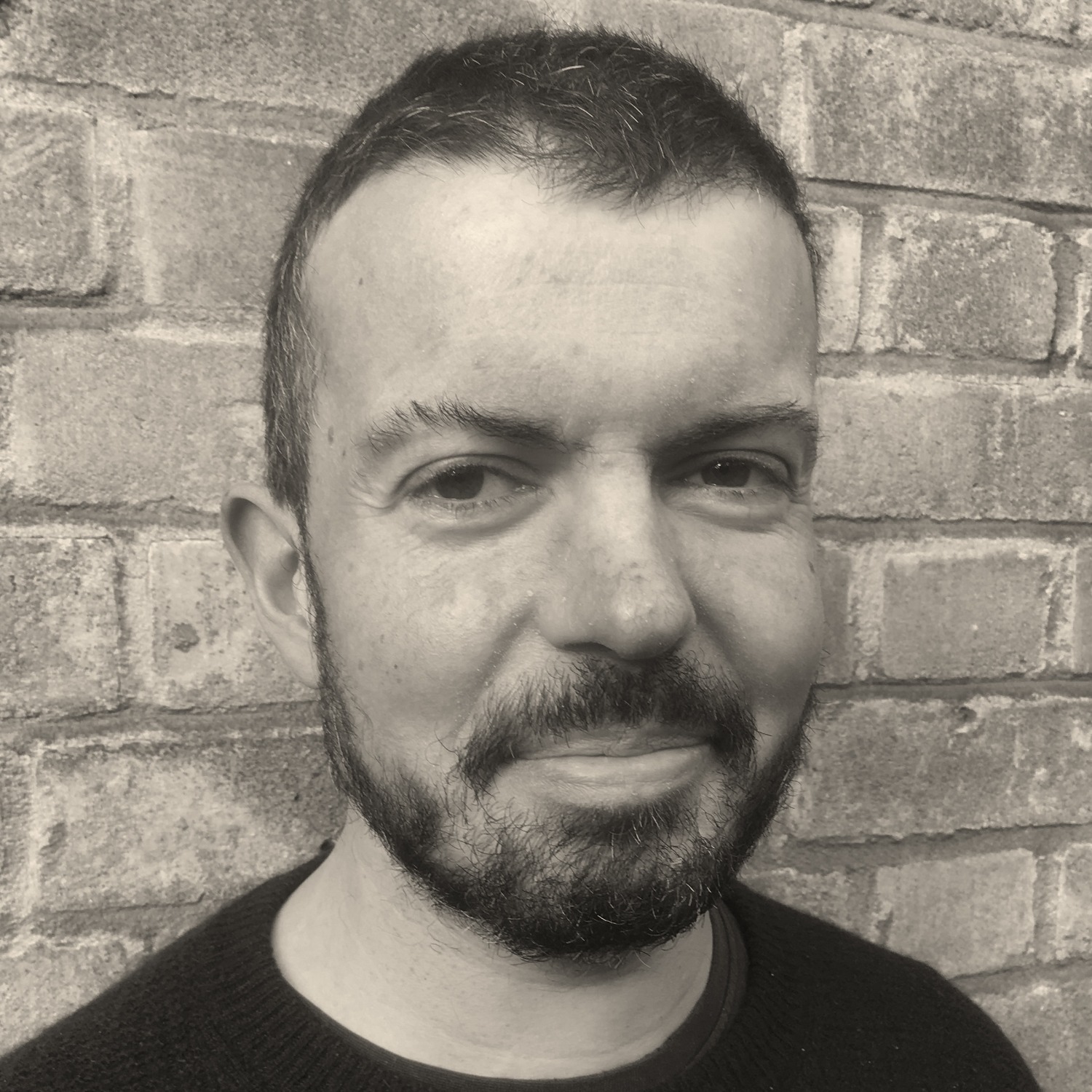In the small hours in suburban Illinois, 15-year-old Nick is in cardiac arrest – or at least, he hopes he isn’t. He blocks out the creeping tightness by concentrating very hard on his bedtime reading (Walter Scott’s Ivanhoe) until his dad, waking for work, takes him to hospital. Sent home with a paper bag – Nick is actually having a panic attack – he finds himself going to school the same morning, still struggling to breathe, and frightened that if he looks at anything for too long, he might somehow “pour out of his own face”.
Such is the internal crisis at the centre of Michael Clune’s Pan, a peculiar coming-of-age comedy that covers the genre’s regular beat – getting laid, getting a drink – while also doubling as a philosophical horror story about nothing less than the problem of being alive. The experience of consciousness – what it’s like to inhabit a mind – has long engaged Clune, an American academic whose books range from a memoir of heroin addiction (2013’s White Out) to a study of how art relates to “neurobiological time”. That his first novel should be interested in anxiety makes sense: as Nick says, riffing on the coolness of sunglasses (“directly descended from the opaque visors of knights”), panic cannot be cool, if cool means “the relative absence of consciousness ... Panic, on the other hand, is excess of consciousness”.
Set in the early 90s but narrated from the vantage point of the present, the action turns on Nick’s unexpectedly bold decision to confide his malaise to a richer classmate, Sarah, who previously left him too tongue-tied to speak. Inviting him to her house, where there are never any adults, she reciprocates with suggestions that she, like Nick, experiences life extra-intensely, showing him her poetry and rhapsodising about the 1976 hit song More Than a Feeling (it has “a door in the middle ... like the door on a UFO”, she says). Nick has further cause to believe that he is at the centre of a hidden web of meaning when Sarah tells him that the word “panic” relates to the Greek god Pan. Visiting a library to check, he stumbles into a warren of cross-reference, dumbstruck by a line in Oscar Wilde’s Salome about the danger of looking at people for too long.
The lead-up to a wrong-footing sex scene is ample proof of Clune’s novelistic flair
The lead-up to a wrong-footing sex scene is ample proof of Clune’s novelistic flair
Clune draws us smoothly into his conspiratorial frame of mind. The atmosphere drifts from tender to scary: while the early pages fizz with gentle humour, not least in repeated confirmation of Nick’s self-declared knack for prophecy (words pop into his head moments before they’re uttered in his presence), the mood quickly darkens. Nick’s blossoming relationship with Sarah is a source of jeopardy as well as elation, thanks to the nagging worry that he might be the mark for a horrible prank – a fear hardly eased when she invites him to a barn for a party involving semi-naked rites with paint, MDMA and mice.
Context for the narrator’s growing sense of dislocation – the root of his impulse to seek patterns – emerges in some casually drip-fed asides about his divorced parents, aired in exchanges with a friend whose banter over a burger gives way to sudden emotional unburdenings that peter out almost as soon as they begin. But while Pan holds your attention as a sweet-and-sour tale of the no man’s land between childhood and adulthood, it isn’t interested in giving us a character study so much as dramatising the fundamental terror of interiority. And while there’s plenty of drama in Nick’s entanglement with Sarah – the lead-up to a wrong-footing sex scene is ample proof of Clune’s novelistic flair – the source of the action lies closer to home. Fearing that his blood isn’t running and is instead filling with gas, Nick knows enough to recognise “inside symptoms, not outside symptoms” that are indescribable: “the same as nothing happening”.
Even perception becomes troubling. “Anytime you look at something you can see a little fringe of yourself – your nose, a bit of your hair ... suddenly I realised how strange and even terrible it is that a person looks out from inside their face.” In this stylish and unsettling novel, the greatest fear is that inside your head is the only place to be.
Pan by Michael Clune (Vintage Publishing, £16.99). Order a copy at observershop.co.uk for £15.29. Delivery charges may apply.
Photograph by Alamy
Newsletters
Choose the newsletters you want to receive
View more
For information about how The Observer protects your data, read our Privacy Policy

